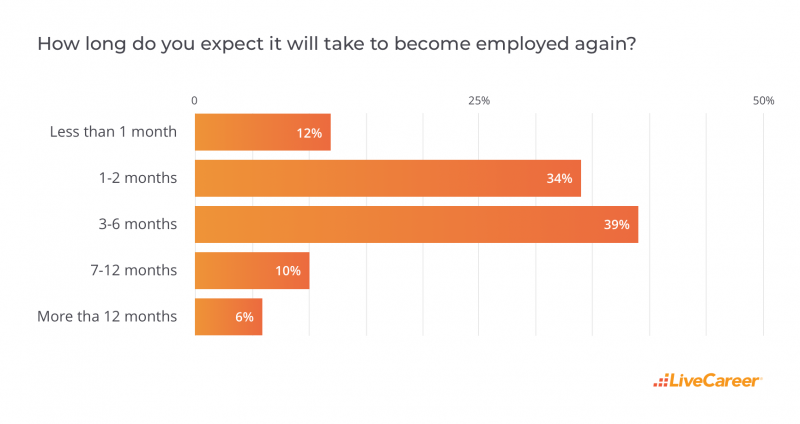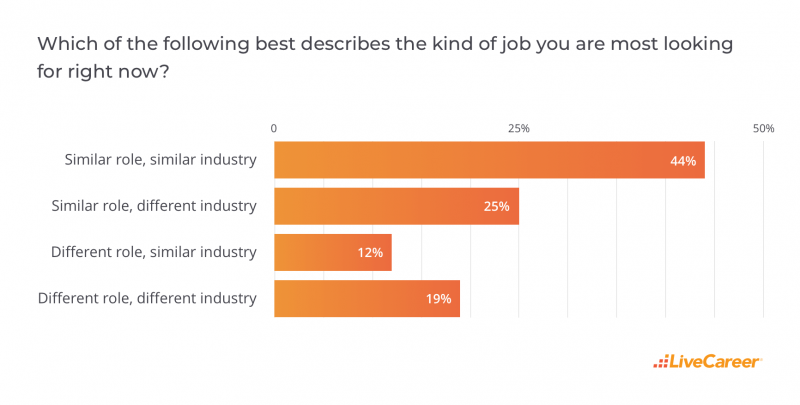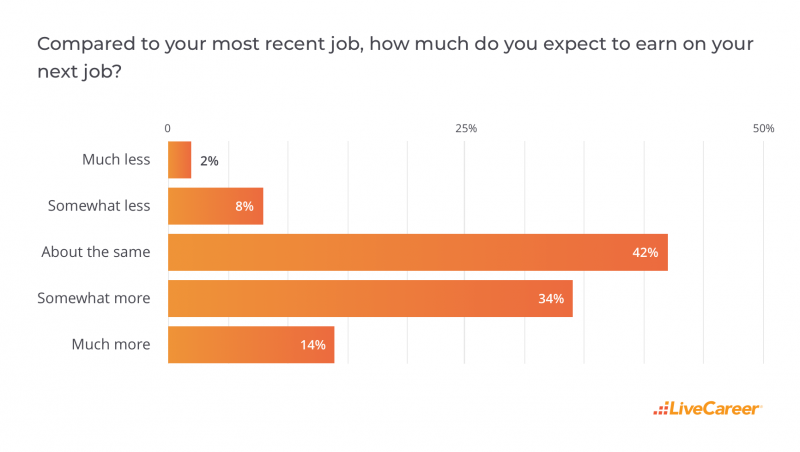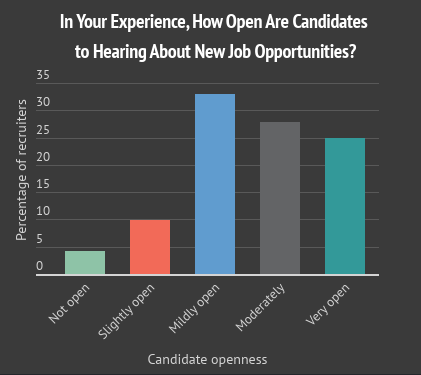In the Post-COVID Economy, Employers and Job Seekers Alike Are Tweaking Their Value Propositions

Eight months into the coronavirus pandemic, many job seekers are not where they wanted to be at this moment in time. While we’ve unmistakably entered an employer’s market, opportunities are definitely out there. Seizing those opportunities, however, may require stepping outside of one’s comfort zone.
Back in May, the career experts at LiveCareer surveyed 1,500+ job seekers who had lost their jobs due to COVID-19 to get a sense of how they were feeling about their career prospects amid the pandemic. The answers were, perhaps surprisingly, relatively optimistic: 85 percent of respondents expected to be employed again by November, and 56 percent said they expected to find employment in the industries from which they were laid off. Seventy-six percent of job seekers said they expected to be earning as much money as they had been earning or more in their next jobs.



As LiveCareer points out, however, this reality has not come to pass for all job seekers: “Only about half of the jobs shed in March and April have returned, and as we enter November, companies are still laying off workers en masse.”
Job seekers who previously worked in industries that have been hit especially hard by the pandemic — hospitality, live events, travel, restaurants, and more — find themselves in a particularly precarious position. Most of the jobs that are currently available fall outside these job seekers’ career paths, and with cases skyrocketing across the country once again, it doesn’t look like these industries will be ramping up their workforces again any time soon.
Transferable Skills Are King in the Employer’s Market
The economy has not yet fully recovered from COVID-19, but it has made significant progress since April. The demand for talent is there. Employers in some industries — healthcare, mortgage, eCommerce, essential retail, work technology, and others — are going on hiring sprees. Candidates may not be able to find work in the industries they were laid-off from, but they can adapt to the moment by considering career changes.
As LiveCareer — and many other experts — point out: In today’s job market, transferable skills are what matter most, for candidates and employers alike. Because it’s not just employees who need to adjust to the new job market.
With unemployment high, we’ve entered an employer’s market. There are more unemployed people than open job opportunities, so employers have more leverage in negotiations with talent. But it’s an odd kind of employer’s market. The pandemic’s effects have been distributed unevenly across industries, which means the candidates currently flooding the market are not necessarily people with experience in the sectors that are actively hiring.
As much as candidates need to adapt by considering new career paths, recruiters and employers must also adapt to the fact that many of the candidates they come across today may not have the kinds of resumes they’re used to. Recruiters need to get comfortable with transferable skills, assessing candidates based not only on their prior experience, but also on how they could apply skills developed in other fields to new career paths.
Candidates Are Open to Work; You Have to Know How to Sell Them on It
In addition to shifting paradigms of talent evaluation, recruiters and employers may also need to tweak their pitches to get candidates interested in the current market.
Recruiter.com’s October 2020 Recruiter Index report found that candidates are highly open to new opportunities at the moment. The majority of recruiters surveyed in our report — 60 percent — said candidates are “mildly” or “moderately” interested in new opportunities at this time.

Interestingly, recruiters also said that candidates’ priorities have shifted a bit. Asked about what candidates are most interested in right now, recruiters said that job title, opportunities for new experiences, and other traditionally important criteria have largely fallen by the wayside. Right now, above all else, candidates want remote work opportunities — followed closely by compensation, of course.

So it’s not just candidates who have the revamp how they pitch themselves to employers — employers, too, have to update their value propositions.
This isn’t terribly surprising: We’re in the midst of a massive labor market upheaval, the likes of which we’ll (hopefully) never see again. Such upheavals are bound to spur realignments. What will be interesting to watch is how long those realignments persist.
Prior to COVID-19, advances in artificial intelligence and automation were already making transferable skills into valuable commodities, and remote work was a highly coveted perk. Ultimately, the pandemic may have just sped up the natural course of things.

